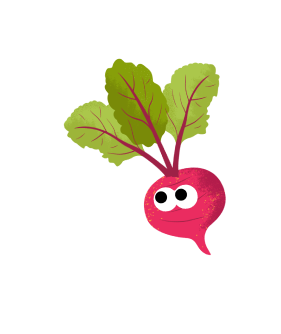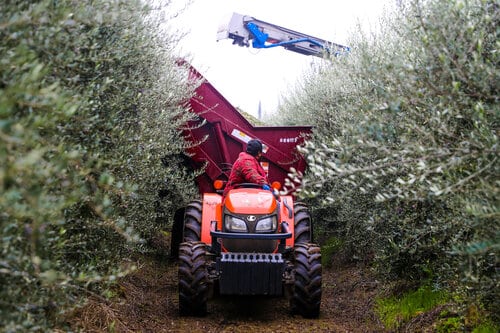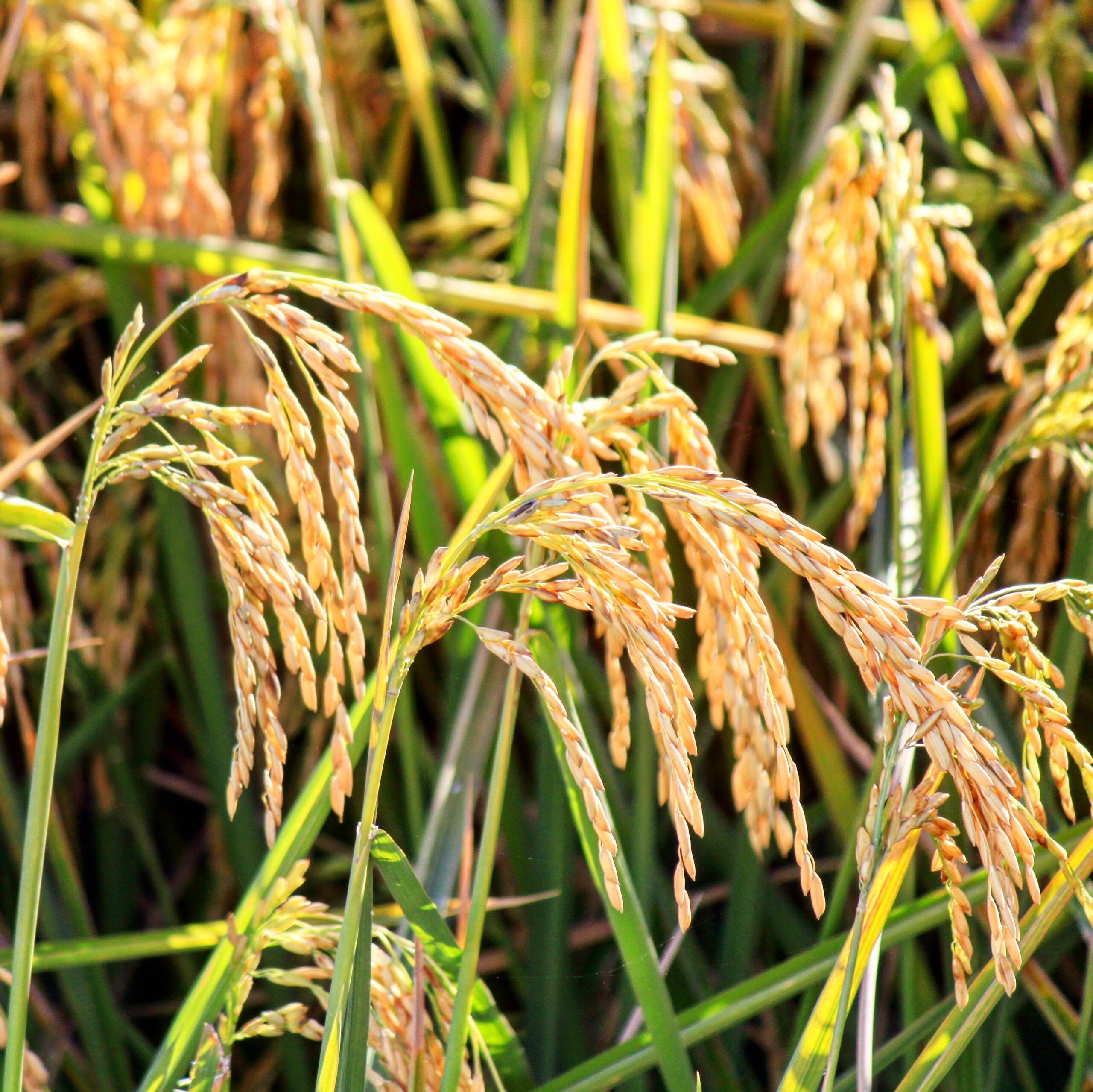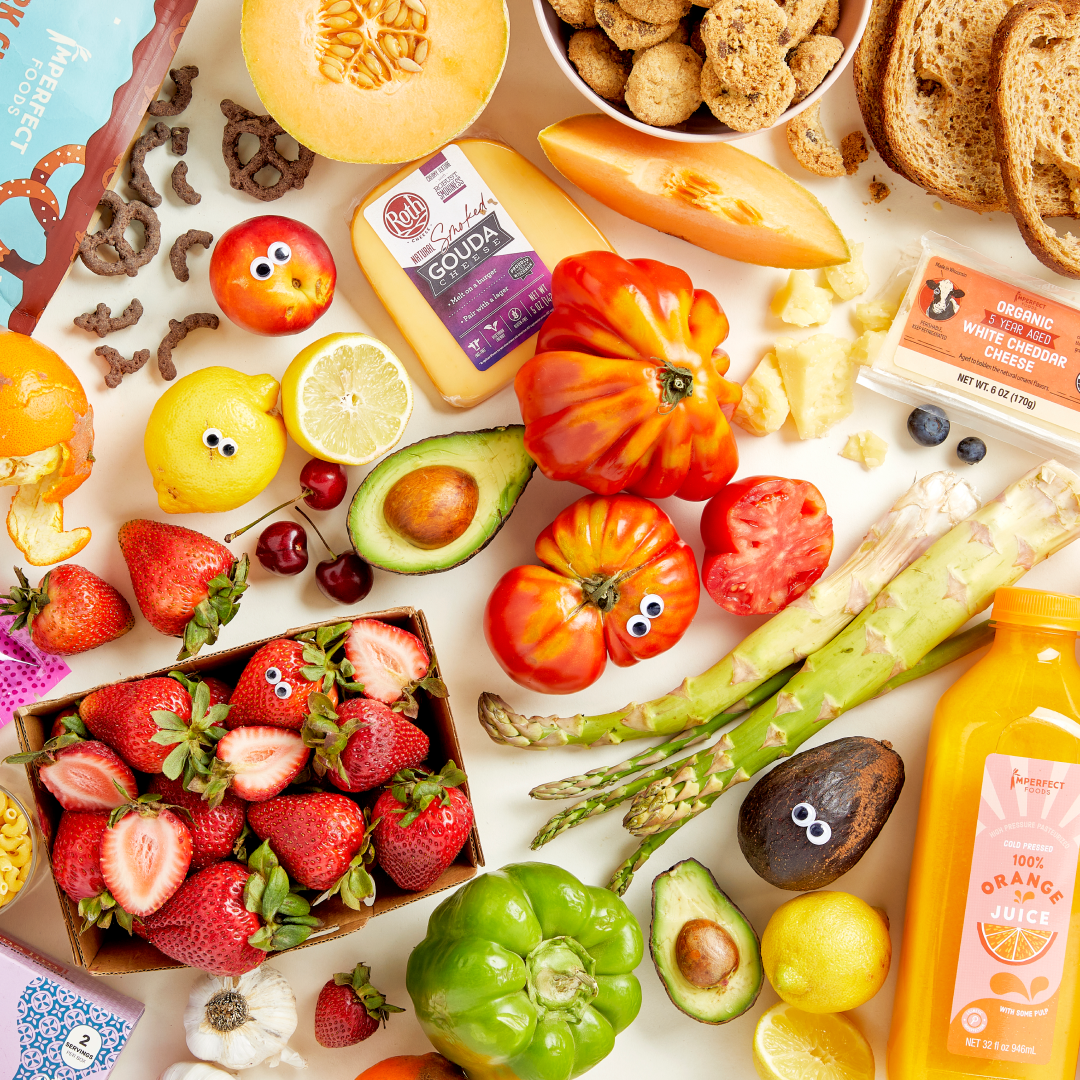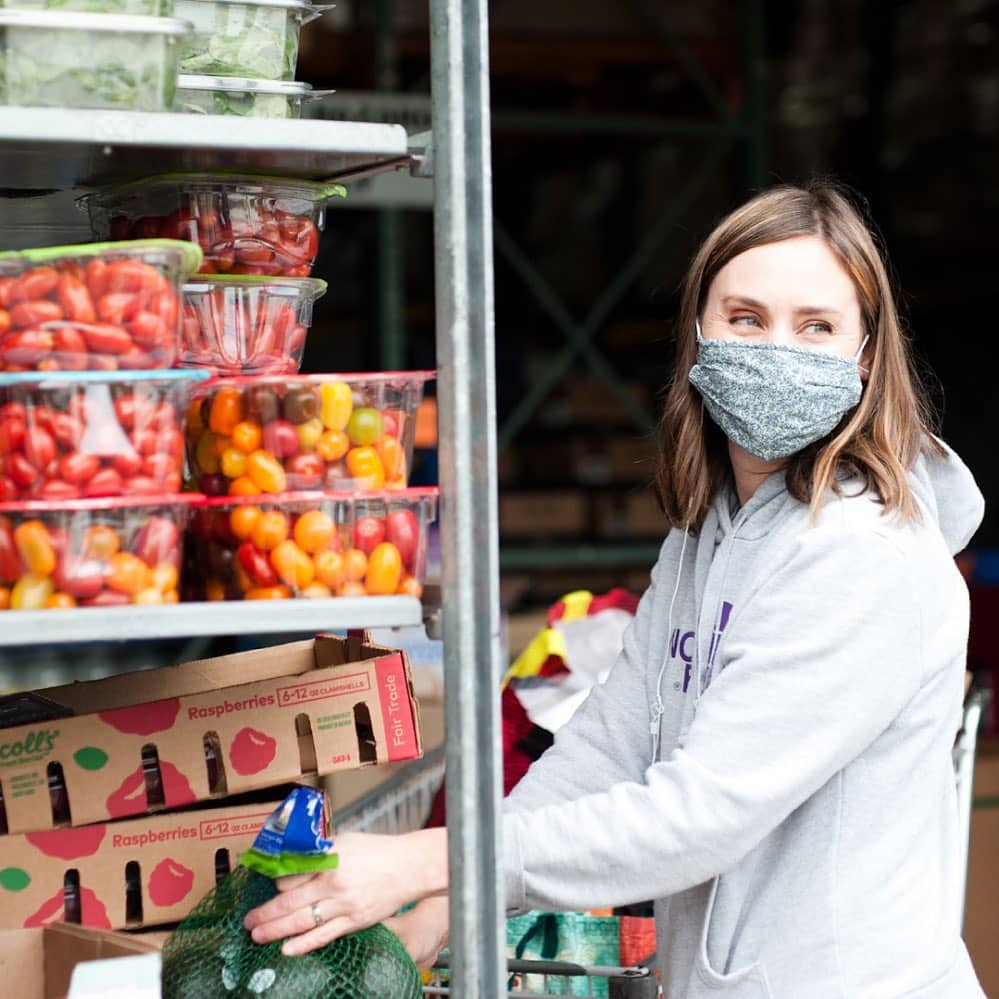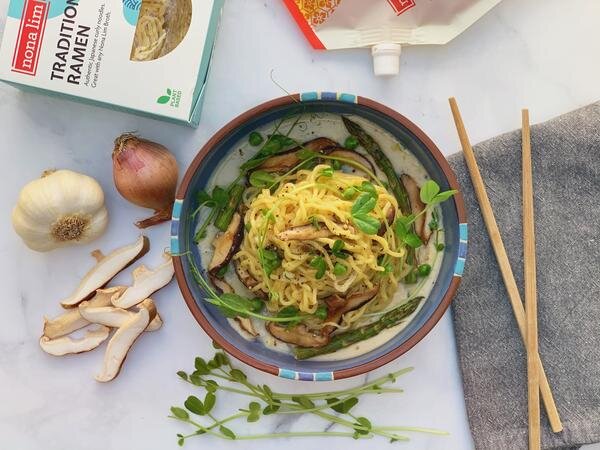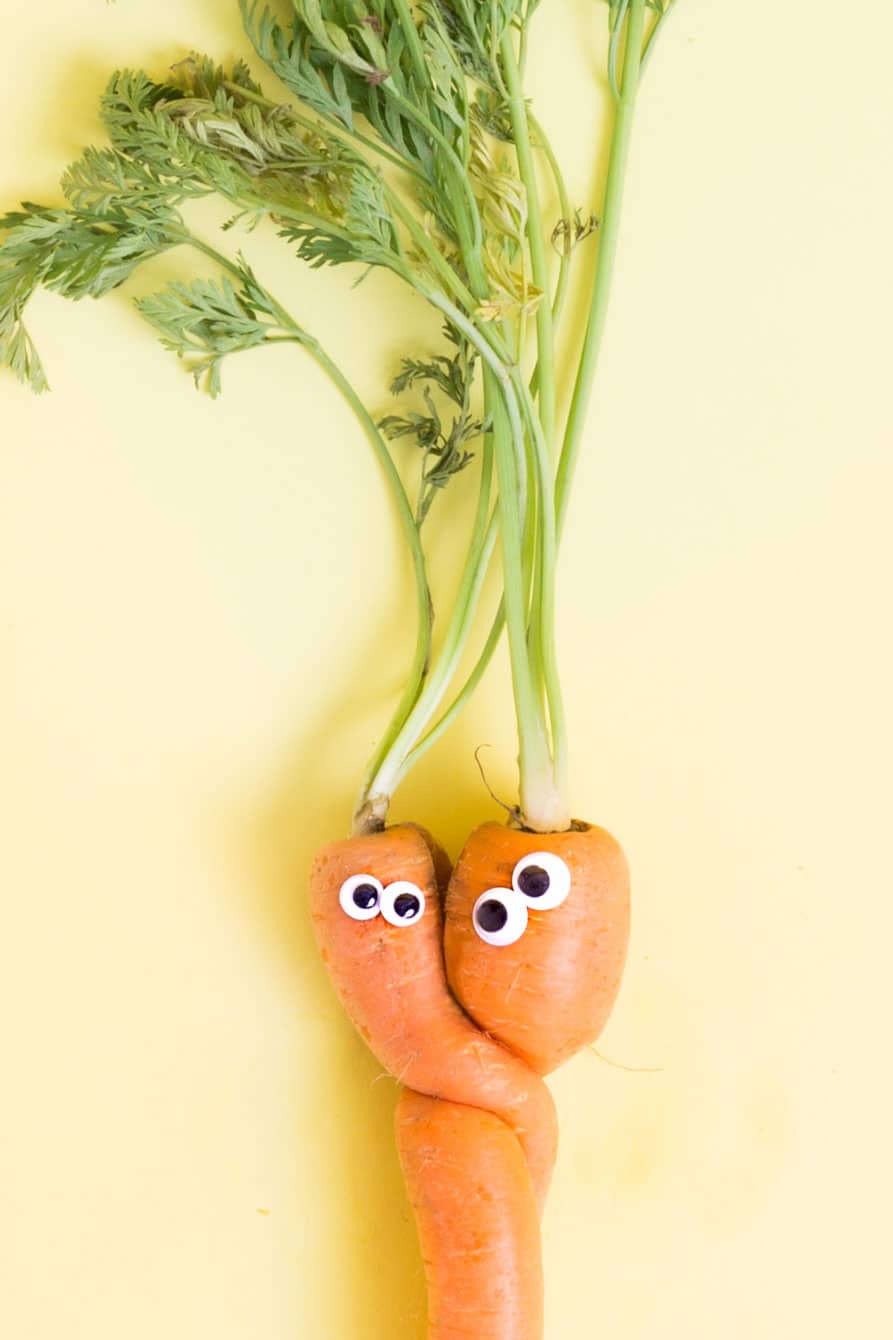Every order you receive from Imperfect helps to fight food waste and supports our mission of creating a more sustainable food system! That’s why for years we’ve featured your personal impact stats on your My Account page. We want you to know how your grocery shopping helps us build a kinder, less wasteful food system. As we’ve grown, our impact has grown with us. Since transparency is a key pillar of our sustainability efforts as a company, we wanted to share what goes into putting together the environmental impact stats you see on our website and what these ever-bigger numbers truly mean. But first, let’s celebrate you by answering a burning question.
What’s my impact as an Imperfect customer?
On average, with every order, an Imperfect customer saves:
-
5.01 pounds of food from a lesser outcome (see below for what this means!)
-
This conserves 196.79 gallons of water
-
It also conserves 6.94 pounds of CO2e emissions
What’s the impact of the Imperfect community?
-
All in all, the Imperfect community has saved more than 210 million pounds of food from a lesser outcome since our founding in 2015.
-
This has in turn conserved 5.8 billion gallons of water and over 85,600 tonnes of CO2e.
How do you calculate these statistics?
-
We calculated these food recovery statistics based on the records of the foods Imperfect has purchased. Whenever we make a purchase, we work with the vendor to understand where the food would have gone had we not purchased it, so we know how many pounds of food we’re saving from a lesser outcome.
-
Since 2020, we have partnered with Watershed to intensively measure the carbon impact of each area of our business and operation. They have also helped us identify the carbon savings of our sourcing model, including the total amount of emissions that are saved by sourcing foods that would have otherwise gone to waste or a lesser outcome. You can see the impact of these saved or “avoided” emissions above and on your My Account page.
- We measure our water impact using publicly available sources such as Water Footprint Network, UNESCO, and the USGS, which provide data about the approximate number of gallons of water that are needed to produce various food products, such as produce and packaged foods. We calculate our water savings by multiplying these water usage figures by the aggregate weight of the applicable food product that we saved from waste. However, because not every food product that we rescue is included in the water intensity reports available today, we may have to make certain assumptions to determine our water impact. For example, to calculate the water savings from chocolate chip cookies that we saved from a lesser outcome, we might use the water savings figures from chocolate, sugar, and bread from the sources described above as the best available approximation.
What does it mean to save food from a lesser outcome?
When we say “saved from a lesser outcome”, we simply mean that by buying this food we’re preventing an outcome that would have been worse for the environment and/or the people that grew it, such as going to a processor or juicer, ending up as animal feed, being composted, left in the field, or getting sent to landfill.
Why does saving food from lesser outcomes matter?
When we grow food, we want it to be eaten, honoring all the resources that went into growing it—water, energy, financial investment, time, and care. For Imperfect Foods, the highest outcome for our food means feeding humans—bringing delicious foods to your plate! In the food system, when we aren’t able to use food to its highest potential, we are wasting our precious natural resources. Imperfect Foods is on a mission to save food from waste and lesser outcomes.
To visualize why all of this matters and what lesser outcomes can mean in practice, check out our new favorite food pyramid, the EPA’s food recovery hierarchy. It’s a comprehensive look at the spectrum of the most and least effective ways we can address food waste as a society.
We update our impact stats at a regular cadence to reflect current customer impact. Thanks for helping us make a bigger impact on the food system every year!
